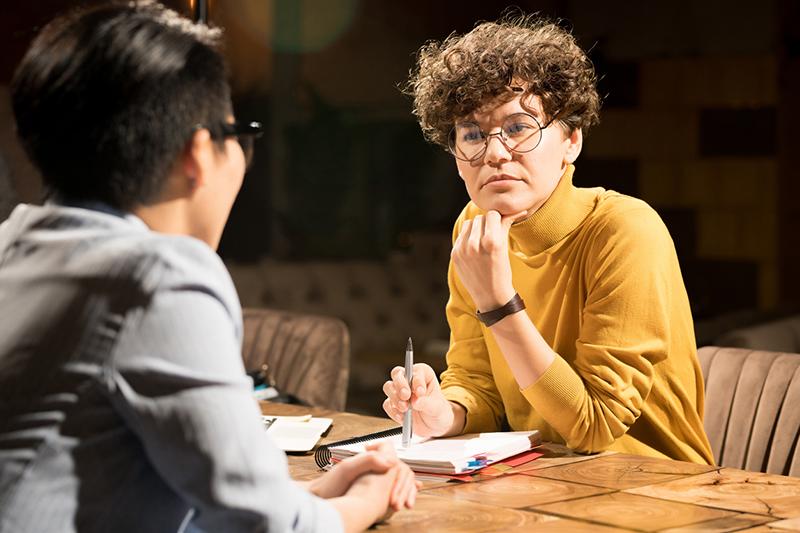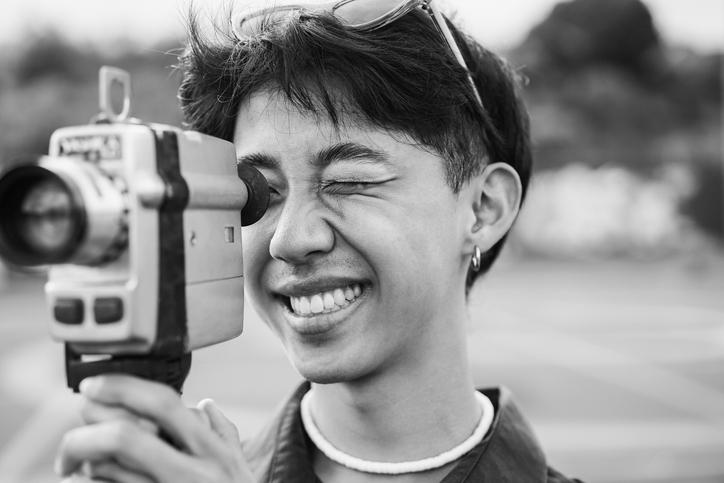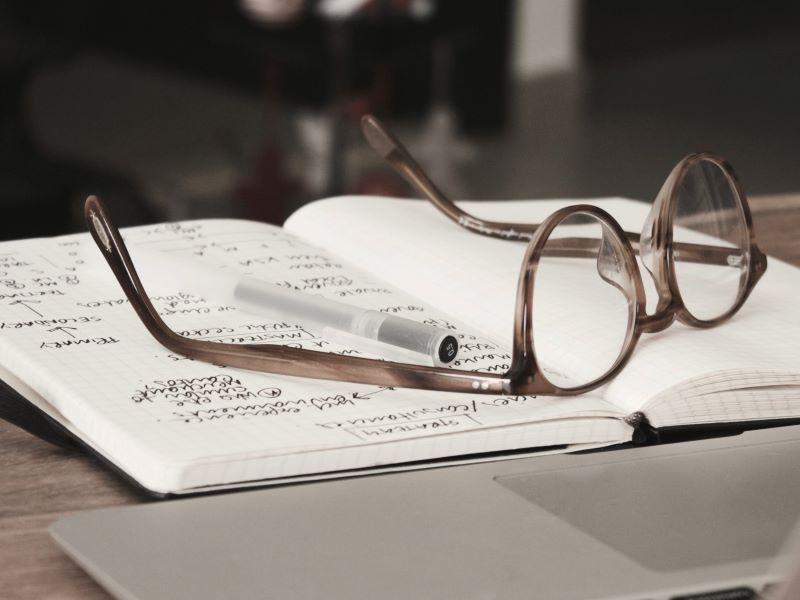Oral history is widely used in public history and humanities, but researchers across disciplines could benefit from its value in data collection. Oral history methods cannot identify how air pollution affects our lungs, explain how scour affects offshore wind turbines nor provide future rates of coastal erosion under sea level rise scenarios. But this method can provide a new lens with unexpected conclusions; oral history has the potential to trace pollution exposure by transport user groups over their lifetime, to record engineers’ expertise when assessing offshore wind turbines, and to collect local experiences of changing coasts.
Here, we provide suggestions to aid researchers and institutions to expand the use of oral history.
What is oral history?
Oral histories are audio/video recorded interviews that document the personal recollections, experiences and opinions of the narrators. In contrast with other forms of interview, oral history uses a biographical approach to record in-depth life stories or focus on specific themes or events. They require the interviewer to be an active listener with empathy, respect and cultural sensitivity, encouraging narrators to be honest and accurate in their recollections. Oral histories can be recorded both individual and groups settings. Care should always be taken for researchers not to dominate conversation or introduce bias. These recordings provide new insight or interpretation about the past and create a valuable resource for future generations.
Best practice in oral history and where to go for help
Oral history is a widely accessible data collection method. While training is recommended and practice doubtlessly improves interviewer confidence and skill, the conversational ethos of the method supports adoption by a wide range of users. The Oral History Association, established in the US in 1966, and the Oral History Society, founded in the UK in 1973, are knowledge-holders of best practice. They promote methodological excellence and have a network of accredited individuals from diverse backgrounds who can give guidance. To seek conceptual and methodological support for oral history work, we would be well placed to step outside the comfortable confines of the university institution, and to ask non-academic experts for their input on oral history data collection, storage, use and dissemination.
The potential of oral history beyond the humanities
Oral history is finding more applications beyond the humanities and social sciences. In geography, it is increasingly used in studies of place memory and place identity. Oral histories are also increasingy in biodiversity conservation, to study ecological history and human resource use. The recently completed PhD research by Nicola Johnstone (Minderoo Foundation) used oral histories to improve our understanding of how marine protected areas are developed in practice.
- Resources with advice on skills every early career academic needs
- Using community-engaged research to give a voice to marginalised people
- Open research: what is it, really?
Other examples of the use of oral history in studying environmental change and management include: collecting data on algal blooms where formal monitoring was absent in Australia, tracing institutional change in fisheries science, and mapping past land use regimens in landscape ecology. Beyond research, oral history is also often used in stakeholder engagement and heritage projects. Oral history can form part of post-disaster recovery; following a storm event, one community used oral history knowledge shared by elders with younger farmers to help them “connect their own situation with the larger record of collective memory”.
Six characteristics make oral history intrinsically distinct from other history sources: orality, narrative, performance, subjectivity, memory and mutability. These distinctions also offer clues as to oral history’s usefulness across disciplines; oral history is a toolkit to explore questions and challenges through the human lens. Transport engineers in the US, for example, used oral history to better understand driver behaviour and motivation, to in turn inform urban planning. A physician used a self-reflective oral history method to explore their own experience of cancer treatment.
Oral history for all
We organised an introductory oral history training for researchers across the University of Southampton in April, supported by the Southampton Marine and Maritime Institute (SMMI). The use of oral history and other discipline-bound methods could be improved by universities facilitating such cross-disciplinary context-specific networking groups, as well as by recognising methods experts within and outside academic institutions to support interdisciplinary research endeavours. In this era of co-design, co-production and collaborative research, we need to recognise that not all methodological experts are housed by academic institutions.
We limit ourselves if we ignore the potential of such methods to collect valuable first-person accounts of past events and their impacts on people’s lives. Whether you ultimately use it or not, we challenge you to use your next coffee break to revisit your current research project and think: “What might an oral history method tell me about this topic?”
Sien van der Plank is a senior research fellow and Lareb Dean is an AXA research fellow, both at the University of Southampton. Padmini Broomfield is an oral historian.
If you would like advice and insight from academics and university staff delivered direct to your inbox each week, sign up for the Campus newsletter.




comment